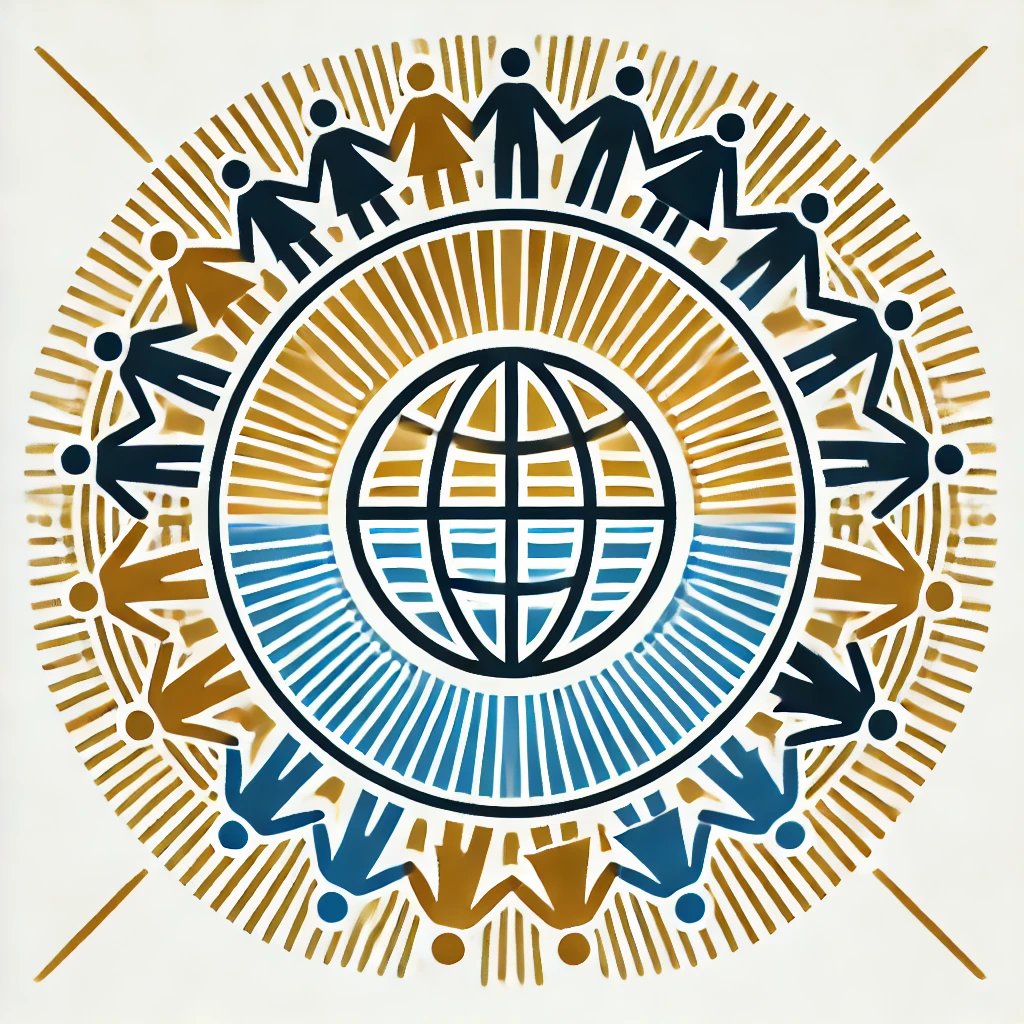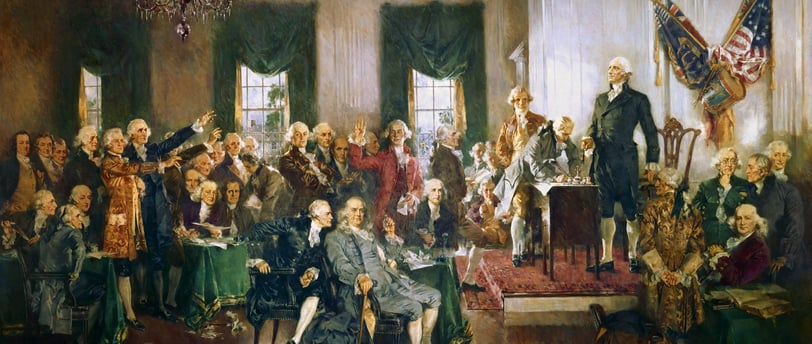

Freemasonry and the Iranian Renaissance: A Comparative Analysis
Freemasonry's Global Impact
Freemasonry, a fraternal organization with roots dating back to the medieval stonemasons' guilds, has had a profound influence on the course of human history. Its principles of liberty, equality, and fraternity resonated with many of the Enlightenment thinkers who shaped the modern world. In the United States, figures such as George Washington and Benjamin Franklin were prominent Freemasons, and their ideals of self-government and individual liberty were deeply intertwined with Masonic teachings.
"Freemasonry and the Birth of Modern Democracy"
The founding fathers of the United States, including notable figures such as George Washington and Benjamin Franklin, were deeply influenced by Freemasonry. This philosophical fraternity, rooted in principles of reason, equality, and liberty, played a pivotal role in shaping the ideals of modern democracy. Moving swiftly across the Atlantic and into the Middle East, we find echoes of this influence in Iran's modern history.
Freemasonry in Iran: A Historical Perspective
Iran's encounter with Freemasonry began in the 19th century, with figures like Mirza Malkum Khan introducing its principles to Iranian society. Malkum Khan's Freemason-inspired reforms played a crucial role in the Constitutional Revolution of 1906, which aimed to limit the power of the monarchy and establish a parliamentary system. His lodge, now located in Los Angeles, serves as a reminder of Iran's complex relationship with modernity.
Mohammad Ali Foroughi
Mohammad Ali Foroughi, a key figure in Iran's 20th-century political landscape, served as both the first and last Prime Minister under Reza Shah Pahlavi. Foroughi, a prominent advocate for modernity and democracy, was deeply connected to the intellectual currents of his time, including Freemasonry. His efforts helped solidify the foundation of Pahlavi rule, championing education and cultural modernization as stepping stones for a democratic Iran. Foroughi's legacy is tied to the broader Pahlavi mission: to pull Iran into the modern era and prepare it for integration into the global community.
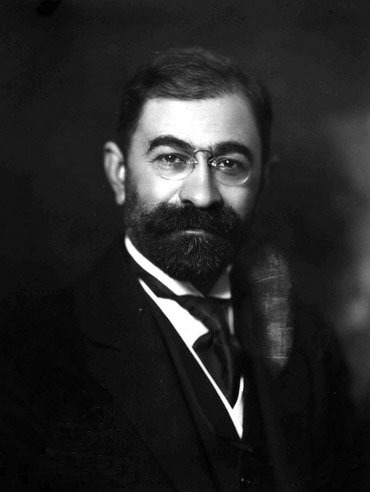

The Pahlavi Era and the Pursuit of Modernity
The Pahlavi dynasty,
The Pahlavi dynasty, under Reza Shah, sought to modernize Iran and align it with Western powers. This modernization drive was influenced by various factors, including Freemasonry. Figures like Mohammad Ali Foroughi, a key figure in the Pahlavi era, were deeply connected to the intellectual currents of the time, including Freemasonry. Foroughi's efforts to modernize Iran's education system and culture were part of a broader project to create a modern, democratic nation.
The Pahlavi era's policies, including the controversial Kashf-e Hejab (unveiling law), were aimed at breaking the grip of clerical dominance and accelerating societal modernization. This policy, however, became one of the seeds of discontent that fueled the Islamic Revolution. As Yavar Nikanjam, a historian and researcher, has observed, the formation of nations is a slow, deliberate process. The Pahlavis, much like Turkey's Mustafa Kemal Atatürk, seemed to be acting within a larger historical framework of modernization, guided—if not directly by Freemasonry—then certainly by forces aligned with its ideals.
Atatürk’s rise in Turkey, though not officially connected to Freemasonry, reflects the influence of a global movement toward secular modernization. This was part of an overarching cosmic or divine will, shaping the destiny of civilizations. Ironically, the Islamic Republic, which replaced the Pahlavis, inadvertently completed part of this mission by fostering a unique form of democracy within a rigid theocracy. Despite its flaws, the Islamic Republic represents an era where Iranians are increasingly measured by their contributions to civilization and the democratic spirit, which serves as the seed from which humanity's greater potential can flourish.
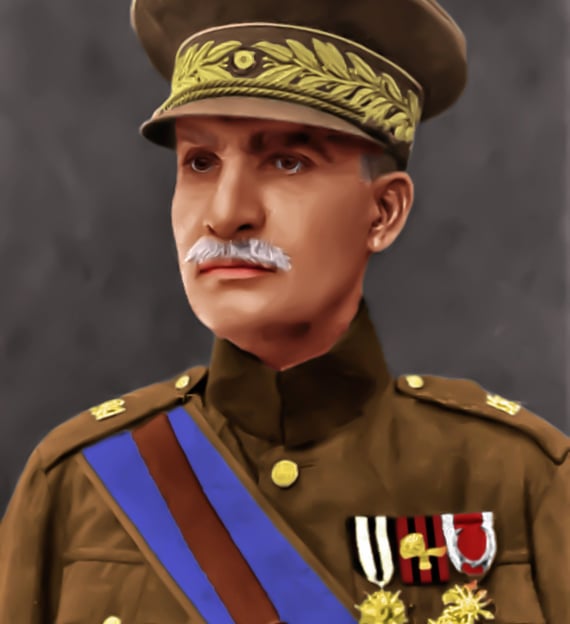

The Iran Renaissance Is the Future of Iran
The Iran Renaissance movement, which seeks to promote democracy and human rights in Iran, draws inspiration from both the Pahlavi era and the ideals of the Constitutional Revolution. The movement's emphasis on education, civil society, and individual freedoms aligns with the principles of Freemasonry and the Enlightenment.
As Iran stands at a crossroads today, the lessons of Freemasonry—rooted in reason, unity, and progress—remain relevant. In the words of Yavar Nikanjam:
"Democracy is a war against ignorance."
The Declaration of the Agnostics
"We, the People of Iran, shall forge our own sacred path—a movement of Agnostics united for enlightenment and progress. May the light of the founding fathers of the United States shine upon the path of our newly rising nation, guiding it to become a cornerstone of global stability, bringing peace to the hearts of all, not the fear of war."
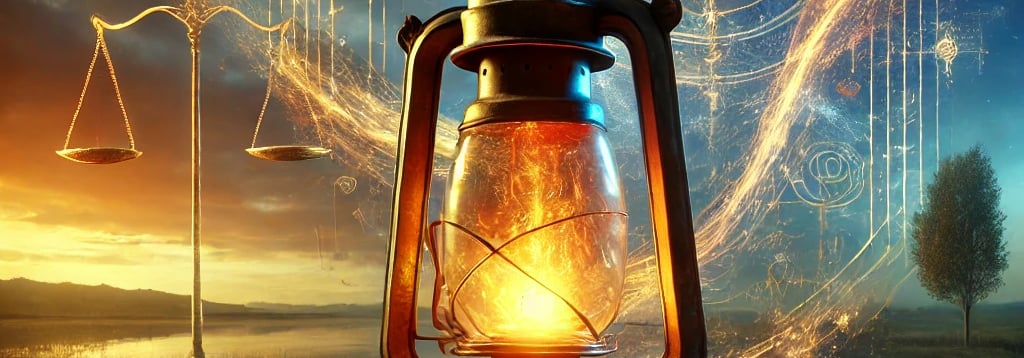

Predict the future
Citation Information
To strengthen the credibility of the article, citations to Freemasonry archives or scholarly sources about Freemasonry in Iran and its global influence are essential. Here’s how you can cite them:
Freemasonry Archives:
Cite archives such as the Library and Museum of Freemasonry (London) or the Scottish Rite Masonic Museum and Library if they contain references to figures like Mohammad Ali Foroughi or Malkum Khan.
Example:
"The influence of Freemasonry in shaping democratic ideals globally is well-documented in Freemasonry archives, such as those held at the Scottish Rite Masonic Museum."
Historical References:
Use academic papers or books that discuss Freemasonry in Iran. For instance, cite works like:
"Freemasonry in the Islamic World" by John Hamill.
Articles from Middle Eastern Studies journals.
In-Text Example:
"Mohammad Ali Foroughi’s alignment with modernist ideals, some of which resonate with Freemasonic principles, demonstrates how philosophical societies influenced the modernization of nations (Hamill, 1986)."Quote for Closing:
Include your closing sentence and cite it as your own perspective.
"As Yavar Nikanjam notes, 'Democracy is a war against ignorance,' underscoring the enduring battle for enlightenment and progress in all civilizations."
